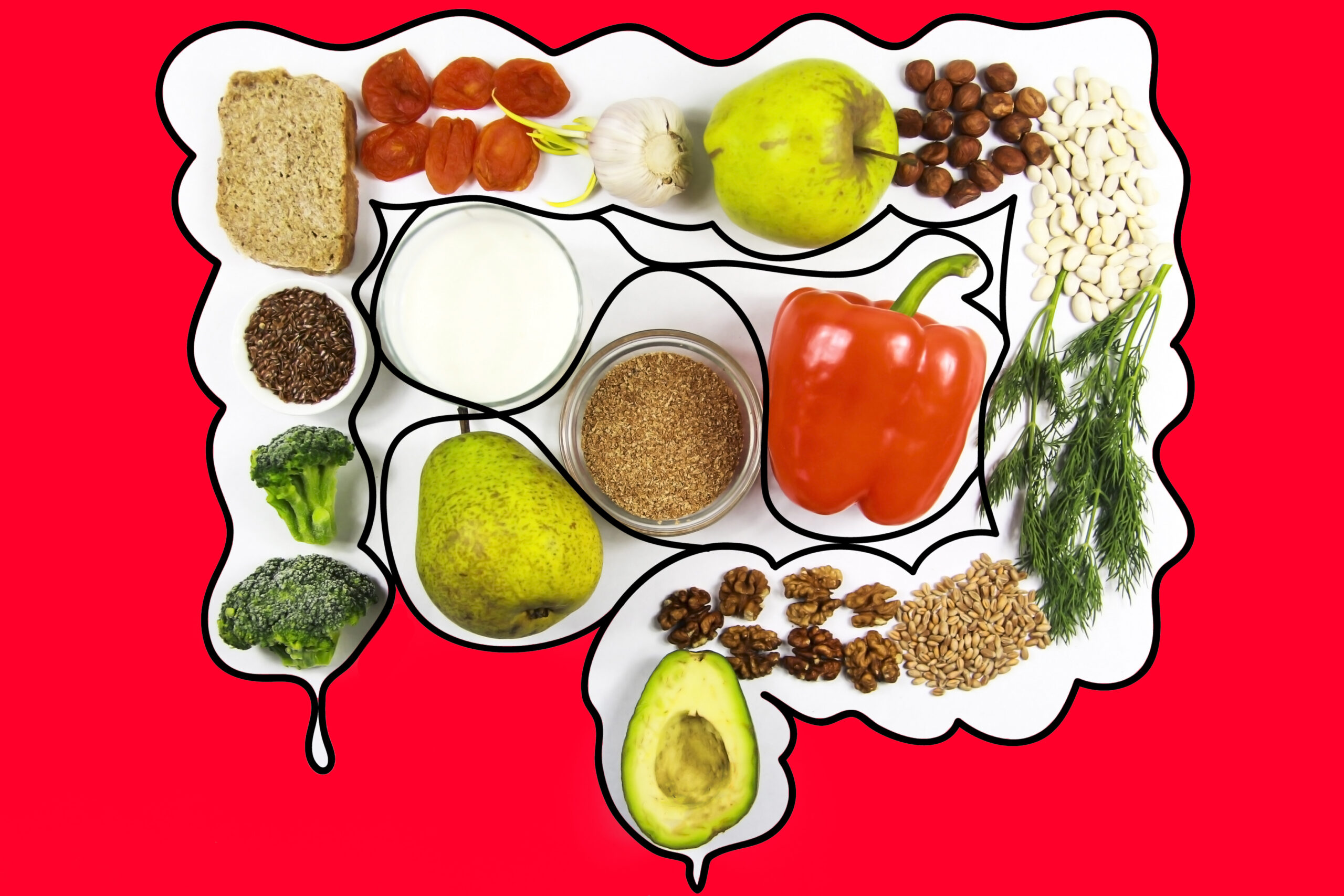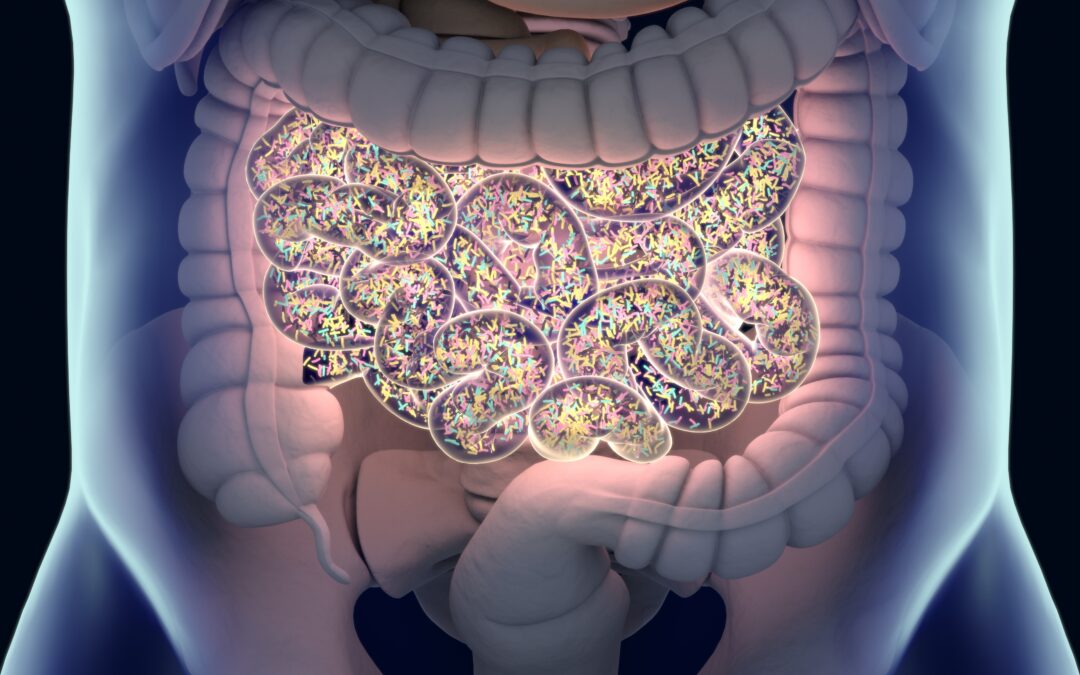The gut microbiome is a critical factor not only to your intestinal health but also for your immune system, brain health, metabolism, healthy weight, heart health and so much more. The good news is that although the study of the microbiome is relatively new, we already know a lot on what to do to take care of your garden of microbes, here’s a hint: diet and lifestyle habits are key. On the down side, because this field is so new, the majority of health care providers are neither on top of the rapidly moving research on the topic of the microbiome nor trained to give any sound nutritional advice to their patients. Considering your gut has such a powerful impact on your health it is vital for us to take our health into our own hands and follow what the latest research on the matter tells us.
On your quest to health, healing and maintaining a healthy gut should be first on your list as even nondigestive tract related symptoms such as fatigue or anxiety can be gut related.
First things first: What is the Microbiome?
- Your gut (aka small intestine) contains bacteria and fungi that work together therefore creating your microbiome and mycobiome.
- There are 100 trillion single-cell organisms in the gut, outnumbering human cells 10 to 1.
- Around 70% of your immune system lies on the other side of the intestinal lining.
- 95% of the neurotransmitter serotonin is produced and stored in your microbiome. Serotonin is one of the essential chemicals your body produces to make you happy.
- Healthy gut flora therefore is essential for mental health and studies have shown it to help depression, anxiety and a slew of other mental health issues in some patients.
- A healthy microbiome is essential for digestive, mental and also our general health
Your microflora (micro and mycobiome) has many functions in the body:
- Trains the immune system to attack foreign invaders and toxins
- Prevents the growth of harmful pathogenic bacteria
- Produces certain hormones
- Produces certain nutrients such as biotin an vitamin K
- Regulates the development of the intestinal lining
Keeping Your Gut Healthy
Prebiotic & Probiotics
It’s our job to encourage good bacteria to make homes in our gut. We just talked about the things to avoid, now lets look at what promotes a healthy gut. This starts with prebiotics and probiotics.
Probiotic foods contain healthy bacteria that promote a balanced microbiome whereas prebiotics, a type of soluble fiber help feed the good bacteria in the gut. All three: fiber, prebiotics and probiotics help achieve a healthy microbiome. Let us look at these in more detail:

Fiber
Fiber is an essential part of our diet and essential for good gut health. It is easy to obtain necessary fiber by eating a whole foods diet full of vegetables, fruits, nuts, seeds, legumes, olives. Fibre can be divided into soluble (the body digests it) and insoluble fiber (the body does not digest it). These help as laxators, improve blood glucose regulation and blood lipid, modulate satiety and immune system and improve mineral absorption.
Fiber and Prebiotics can help some but make others feel worse. For example if you have SIBO, there is a bacteria overgrowth therefore adding additional fiber will continue to feed the bacteria and just make symptoms of bloating worse. IBS, IBD and untreated celiac are other situations where adding extra fiber or prebiotics is like adding fuel to the fiber.
Resistance starch increases the growth of butyrate producing bacteria (really good for the microbiome). You can find these in beans, lentils, whole grains, firm bananas…
Prebiotic
An average of 3,5-5 g of prebiotics per day has been shown to contribute to health. Positive effects include decrease in cholesterol, insulin, inflammation and blood sugar as well as an increase in intestinal mucus membrane health. Most prebiotics are a type of soluble fiber, we can’t digest prebiotics but certain beneficial microbes in our guts can. Not all prebiotics are soluble fiber but they all original from a whole foods diet especially healthy polyunsaturated fats (flax, chia, walnut…) and polyphenols contained in fruits and vegetables.
Polyphenols, a type of antioxidant, found in pomegranate, berries, herbs and spices, nuts, olives, green tea, … feed a really good strain of bugs in your intestine called akkermansia. These help maintain a healthy gut lining.
Probiotic Foods
Let’s be honest high quality probiotics (the ones that actually work) are expensive. The most sustainable way of feeding your gut bacteria with what it needs is to integrate probiotic rich foods into your daily diet. Here is a list of foods you can start adding to your meals today. Remember that for these to be effective they the healthy bacteria still must be there. These are heat sensitive so make sure your fermented foods have not been pasteurized.
- Miso
- Tempeh
- Apple cider vinegar
- Kombucha
- Saurkraut
- Yogurt (dairy, soy, almond, coconut…)
- Kefir
- Kimchi
- Fermented pickles
- …
Diet
It’s simply important to have a diet containing healthy fat, good sources of seasonal, whole foods and steer away from refined foods, artificial chemicals, and other gut disturbing foods (see leaky gut article). Blood sugar balance is another key factor to keeping your microbiome balanced. Avoiding sugar and choosing foods with low GIs will help you achieve this. Eating to reduce inflammation is more important than eating to feed your gut bugs as it creates a healthy environment for the bacteria and thus improves your microbiota.
The first key in creating a diet that is right for your individual microbiome is to rid it of any foods that cause inflammation. Controlling inflammation means creating a healthy environment for our gut flora. This means knowing our food sensitivities and possible sources of inflammation. (see article on elimination diet)
Conclusion
A whole foods diet containing pre and probiotics is key to a healthy gut. It is important not to see the body as a group of many individual systems but as one system that works in unison. The intestine will be healthy if we take appropriate action with diet but it is part of a whole, which is our body, mind and spirit. This is why an intestine is happiest when we exercise, sleep adequately and are in a calm state. Stay tuned for the next article on the Mind – Gut relationship.


